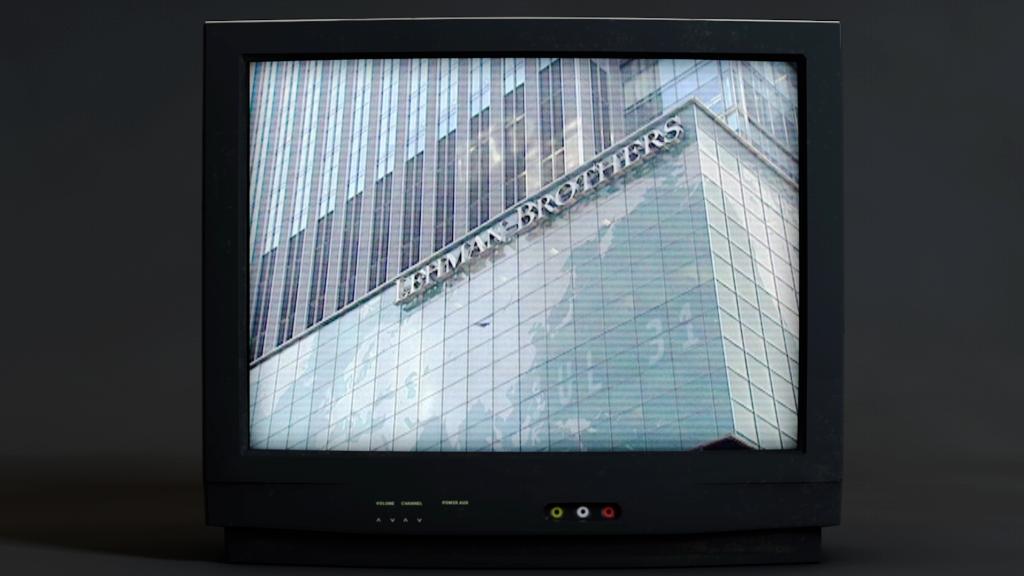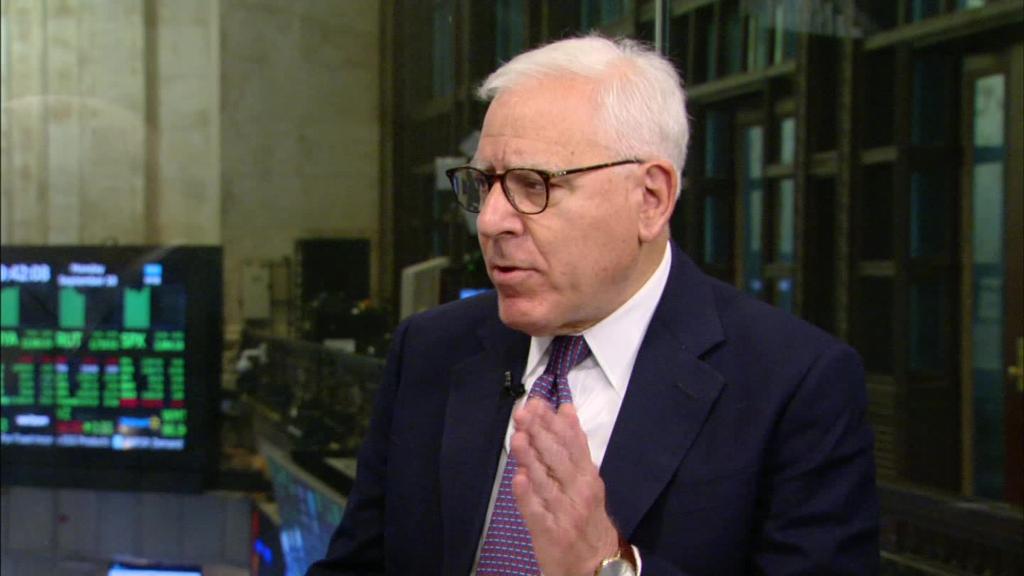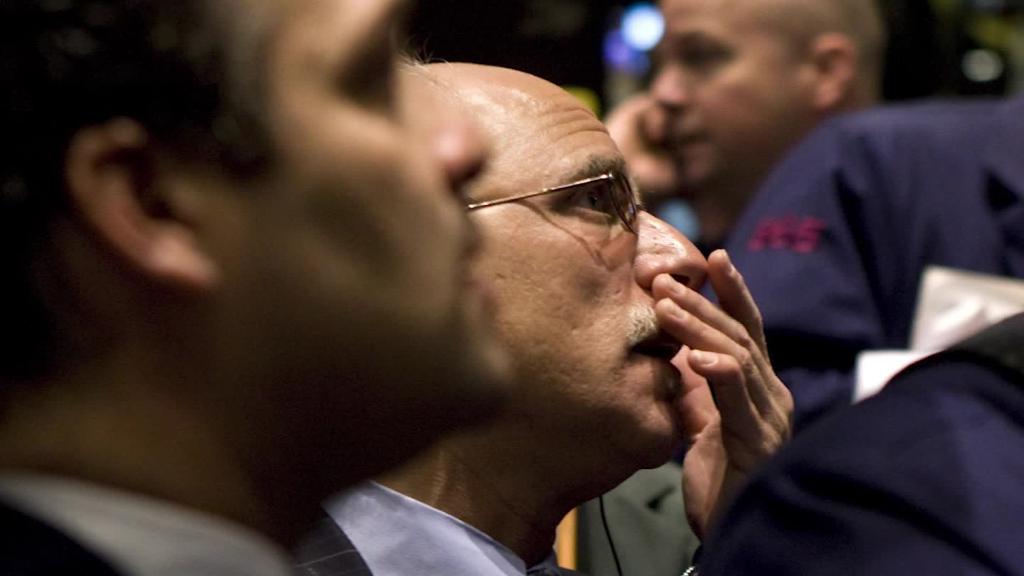
It was one of the most terrifying moments of the financial crisis: The Dow plunged nearly 780 points on September 29, 2008 — a 7% wipeout — after the House voted against a bailout of the nation's biggest banks.
And many investors simply never came back.
The market plunge following the rejection of the bailout was just one of a series of wild swings in stocks that fall. Congress eventually approved a new plan, but that didn't end the volatility.
Four of the biggest point drops for the Dow ever took place between September 2008 and the end of that year.
But so did four of the largest point gains.
Investors were left dazed and confused. After the failure of Lehman Brothers came the bailout of insurer AIG (AIG), the fire sales of Wachovia to Wells Fargo (WFC) and Merrill Lynch to Bank of America (BAC), and the failure of giant savings and loan Washington Mutual and its subsequent sale to JPMorgan Chase (JPM).
All of this contributed to the pain of the Great Recession. And it may have permanently scarred a generation of investors.
"There are too many people sitting out the market rally," said Kevin Miller, CEO of the E-Valuator mutual funds.
According to data from the Investment Company Institute, just $67 billion in new money flowed into stock and bond mutual funds last year.
"Some investors will never forget 2008 and have become overly conservative," said Tony Bedikian, managing director and head of global markets for Citizens Bank.
Bedikian has said the market has had time to heal. But confidence has returned at a slow pace, even though stocks have been on an epic rally since bottoming in March 2009. The Dow, S&P 500 and Nasdaq are all near record highs.

To be sure, some investors have been plowing money into the so-called FAANG stocks, tech giants Facebook (FB), Apple (AAPL), Amazon (AMZN), Netflix (NFLX) and Google (GOOGL) owner Alphabet.
More speculative traders have also been trying to cash in on what Bedikian calls "oddball investments," including bitcoin, other cryptocurrencies and marijuana stocks.
But by and large, investors are putting less of their money into individual stocks.
Those who are still investing are picking less risky (in theory, at least) assets. Passively managed index exchange-traded funds, which are more affordable than mutual funds and tend to mimic the performance of the broader market, have become popular.
ETFs are also a better way to invest for people who don't want to research individual companies. It's not about picking stocks that may outperform the market. It's a way to get exposure to all the top stocks — a strategy that's perceived as safe.
Many investors are also skeptical of this aging bull and feel that the only reason stocks have done so well the past decade is because the Federal Reserve kept short-term interest rates unusually low for so long.
The Fed also engaged in several rounds of so-called quantitative easing, buying $3.6 trillion in Treasury bonds and other assets in order to push long-term rates down.

All this stimulus may have created an easy money environment and set the stage for the next bubble bursting, especially now that the Fed has started to raise rates again.
This risk-averse way of investing may not change anytime soon, particularly for the tens of millions of millennials now in the workforce who need to figure out what to do with their 401(k) plans.
"Millennial investors coming of age in the 2000s may never look at equities the way the Baby Boomers did growing up in the bull market of the 1980s and '90s," wrote David Lafferty, chief market strategist of Natixis Investment Managers, in a report.
He said younger investors now care more about protecting what they are investing as opposed to making huge returns on it.
"While some scar tissue has built up, investors have been forever altered," Lafferty added. "Investors are more skittish and therefore more likely to bail when volatility rears its head again."


